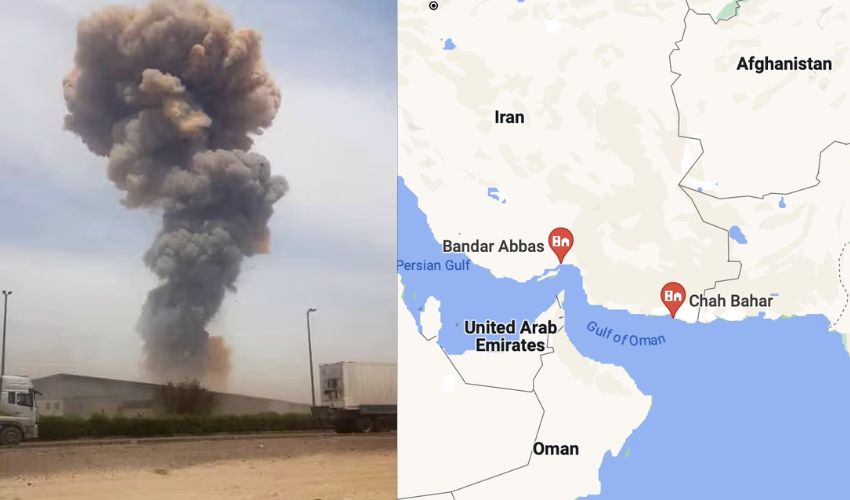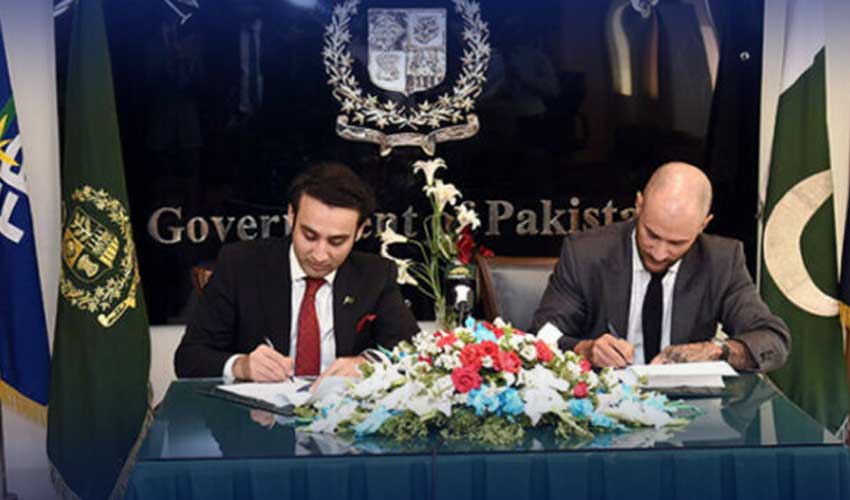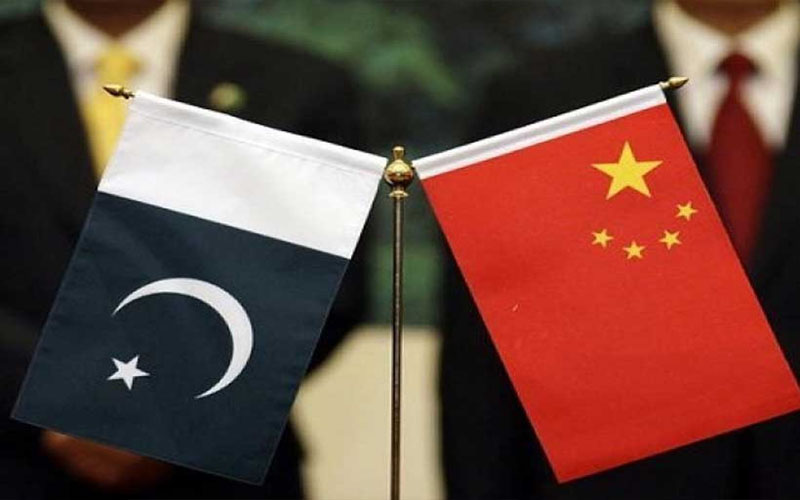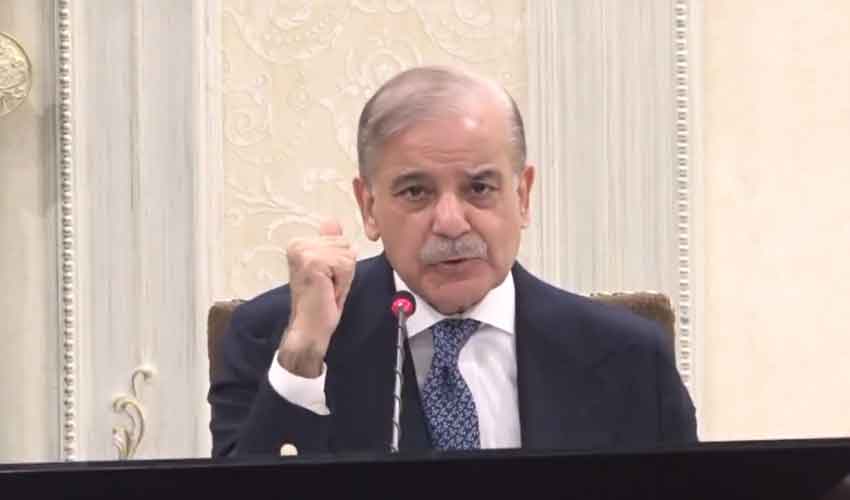The Ministry of Energy has assured the International Monetary Fund (IMF) of its commitment to raising the base tariff of electricity, signalling an impending increase in electricity prices across Pakistan.
According to the ministry, the hike in basic electricity prices will come into effect from July 1, impacting consumers nationwide.
The basic tariff will be increased following the adjustment in the multi-year tariff by the National Electric Power Regulatory Authority (Nepra). The Ministry of Power has announced that the retail price of electricity is expected to rise by Rs7 per unit.
Sources reveal that the minimum national average tariff will witness a notable increase from Rs29 to Rs36 per unit. This adjustment is expected to impact all categories of electricity consumers except lifeline customers, who currently benefit from a subsidized tariff structure.
Also Read: IMF demands end to tax exemptions, incentives, privileges
Presently, the lifeline customers, consuming up to 50 units, pay a basic cost of Rs3.95 per unit, while those consuming between 51 and 100 units pay Rs7.74 per unit. However, with the upcoming tariff hike, all other consumer categories are likely to face an increase in their basic electricity tariffs.
On the other hand, negotiations between Pakistan and the International Monetary Fund (IMF) have intensified as the IMF has called for significant changes in the country's tax regime. Sources reveal that the IMF has demanded an end to tax exemptions, incentives, and privileges, with a focus on increasing taxes on privileged sectors.
Also Read: Pakistan-IMF talks Day 2: Fund told about priorities of economic reform agenda
Among the proposals put forward by the IMF are increases in taxes on luxury plots and cars, as well as imposing taxes on the property sector. Specifically, the IMF suggests imposing higher taxes on plots valued at over Rs50 million and abolishing tax exemptions on capital gains from the sale of residential property.
Furthermore, the Federal Investigation Agency (FIA) has proposed changes in tax slabs for the salaried class, with the IMF supporting a hike in taxes on income ranging from Rs300,000 to Rs500,000. Additionally, the IMF has also called for tax increases on luxury car imports and suggested raising the withholding tax on new vehicle purchases.



























